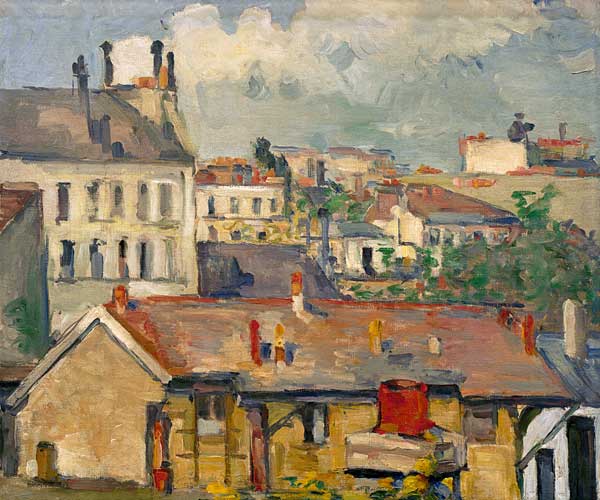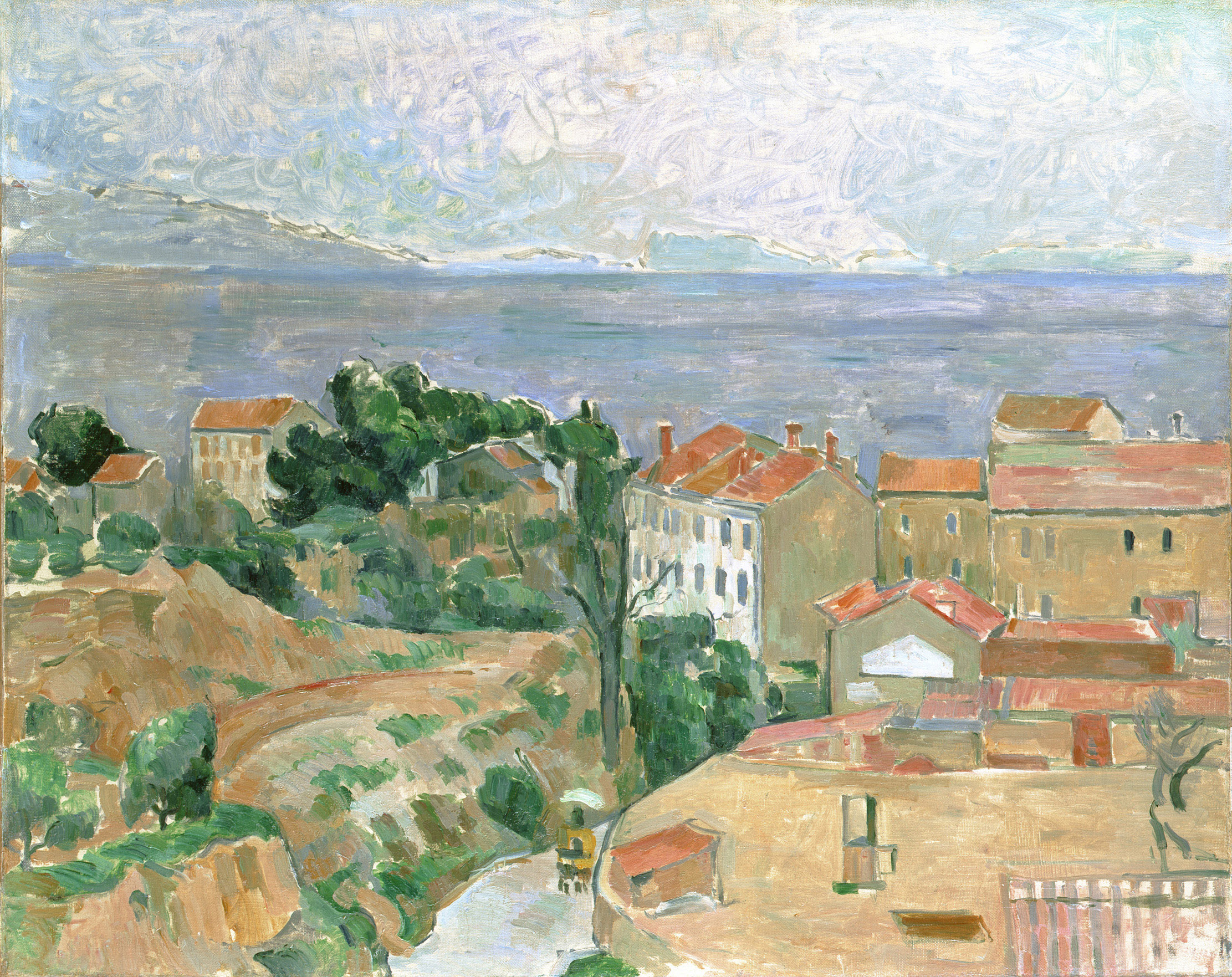LE NOM
Danh từ là những từ chỉ sinh vật (người hoặc động vật) hoặc vật (những vật cụ thể, và cả những ý nghĩ, tình cảm, hành động, sự kiện, hiện tượng…)
Les enfants prennent le bus tous le jours pour aller à l’ecole
The children take the bus every day to school
l’enfant /ɑ̃fɑ̃/ MASCULINE/FEMININE NOUN child
les bus /bys/ MASCULINE NOUN bus
l’école /ekɔl/ FEMININE NOUN school
aller à l’école to go to school
le changes to l’ before a vowel and most words beginning with ‘h’.
le /lə/ the
le livre the book
l’arbre the tree
l’hélicoptère the helicopter
les /le/ plural definite article the
les étudiants the students
les étudiantes the students
Pierre et ses sœurs habitent dans une ferme en Provence.
Pierre and his sisters live on a farm in Provence.
la sœur /sœʀ/ feminine noun sister
la ferme /fɛʀm/ feminine noun farm
Monsieur Ribeyrolles a montré du courage et de la détermination dans cette affaire.
Mr. Ribeyrolles showed courage and determination in this matter.
courage kuʀaʒ masculine noun courage
détermination [detɛʀminasjɔ̃] feminine noun determination
cette affaire /afɛʀ/ FEMININE NOUN matter
New words
children enfants feminine/masculine
children are fun les enfants sont amusants
I am fun Je suis amusant
He is fun Il est amusant
child enfant feminine/masculine
I am not a child! je ne suis pas un enfant!
She is not a child! elle n’est pas une enfant!
je ne suis pas un enfant!
ʒə nə sɥi pɑzœ̃nɑ̃fɑ̃
Drill je ne suis pas un enfant!


